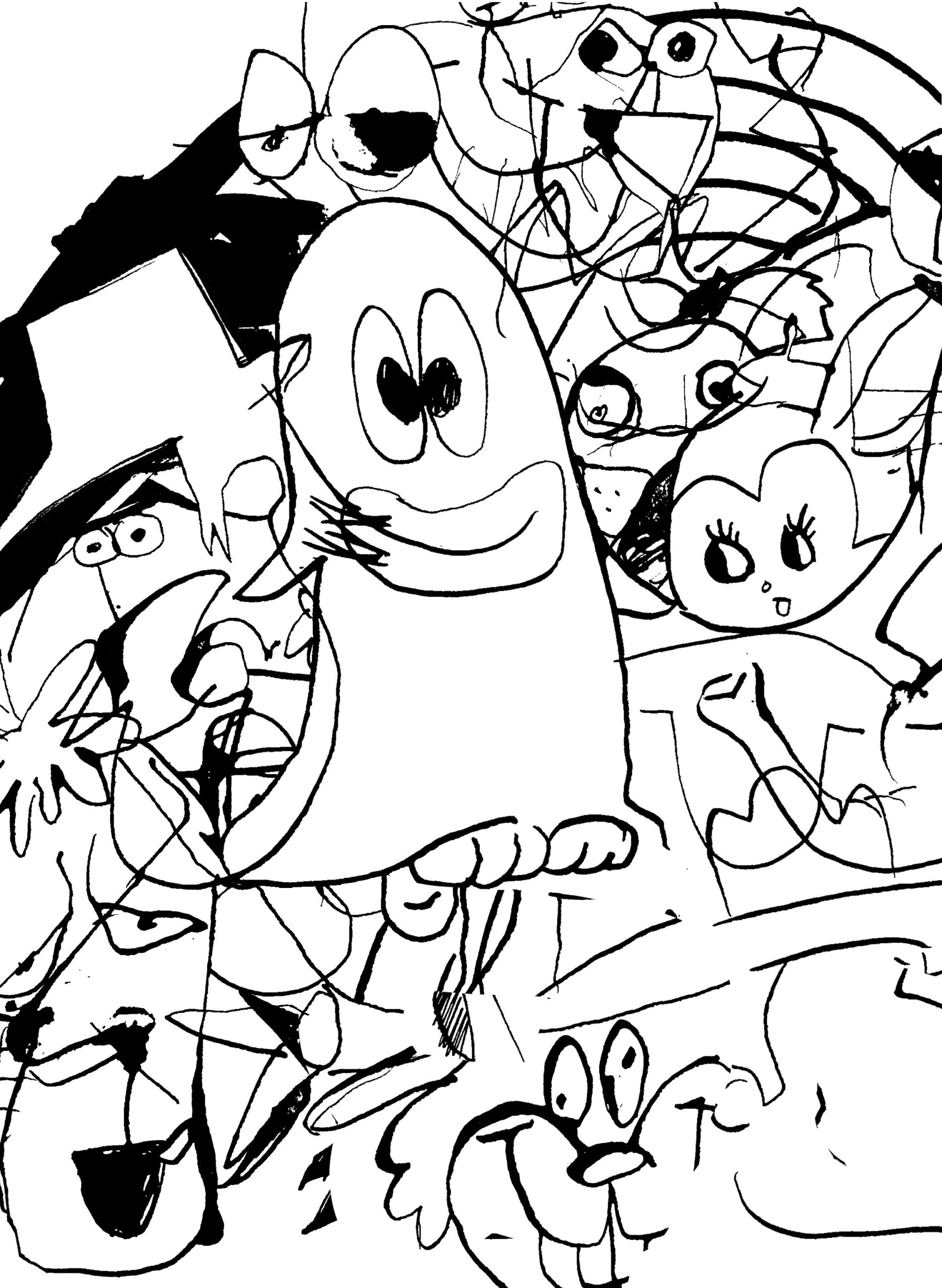
My father knows a man who is no longer a farmer, but when this man was a farmer, a pesticide salesman knocked on his door one afternoon. The farmer invited the salesman into his kitchen, where they sat at the farmer’s table, drinking cups of chilled brown pop.
The farmer listened to the salesman’s pitch, then retrieved a small article he’d saved from the prior Sunday’s paper, about how this particular pesticide disfigured babies in utero, made bees lose their way, and damaged a bird’s ability to sing. It caused cancer in lab rats, too—but that was nothing new.
The salesman waved his hand the way some will dismiss a loud woman. From his kit, he took a little sample bottle of pesticide and unscrewed the lid. He poured the yellow liquid into his empty pop cup. If it was dangerous, he said, would I do this? He gulped it. He wiped his mouth and grinned.
I’ve got chores to do, said the farmer, and thanked the salesman for his time.
The salesman sat in his car in the farmer’s driveway and watched the farmer walk across the yard and into a barn. The salesman’s gimmick always worked—he was angry. He felt queasy, too—but that was nothing new.
The farmer sat on a short stool in the quiet barn milking Gertrude, his favorite cow. He squeezed her teats tenderly and patted her behind gently while Gertrude munched on a sheaf of alfalfa. The farmer thought about his father, a farmer, who’d died of cancer, and his mother, a farmer, who’d died of cancer, and his uncle, a farmer, who’d died of cancer, and his cousin, a farmer, who’d died of cancer, and his older brother, a farmer, who’d died of cancer, and, most recently, his next-door neighbor, a farmer, who’d died of cancer.
Shortly thereafter, my father’s friend, who was forty-two at the time, announced his retirement from farming. He and his wife sold their farm and moved their family to Scottsdale, Arizona, where the former farmer built a respected private investigation firm.
Years later, utilizing his professional resources, the farmer-turned-private-dick ran a trace on the pesticide salesman, whose business card he’d kept. He wanted to find out what happened to the man who—as the dick would have it—saved his life.
The salesman was born in the spring, in a scantly populated state, to a young war widow. After graduating from a local business college with average grades, he worked at a tomato soup factory, a poultry plant, an insurance firm, and a used car dealership before his stint in agricultural sales. He’d been renting a room above a laundromat and was twelve thousand dollars in debt when, aged forty-five, he died in the hospital where, years earlier, all three of the dick’s children had been born. The dick, however, was unable to discover the salesman’s cause of death.
As of this writing, the dick is alive, and so is my father—and so am I. Even Gertrude the cow is still getting milked by another man’s hands. I know all of this because I’m a dick, too. ![]()
Kathryn Scanlan is the author of Aug 9—Fog and The Dominant Animal. She lives in Los Angeles and is the recipient of a 2021 Literature Award from the American Academy of Arts and Letters.
Illustration: Michael Carney.
